Missiles fly, tensions rise: Israel and Iran head toward deeper conflict as world watches Middle East on edge
The Israeli government has strongly condemned Iran's recent missile strikes on Israeli territory, with Foreign Minister Israel Katz accusing Tehran of crossing a "red line" and calling for international support against Iran’s aggression.
“Today the Ayatollah regime crossed a red line, and the State of Israel will not remain silent in the face of Iran's brutal attack on our citizens. The entire free world must support Israel to stop Iran's axis of evil before it is too late,” Katz said in a statement, Caliber.Az reports.
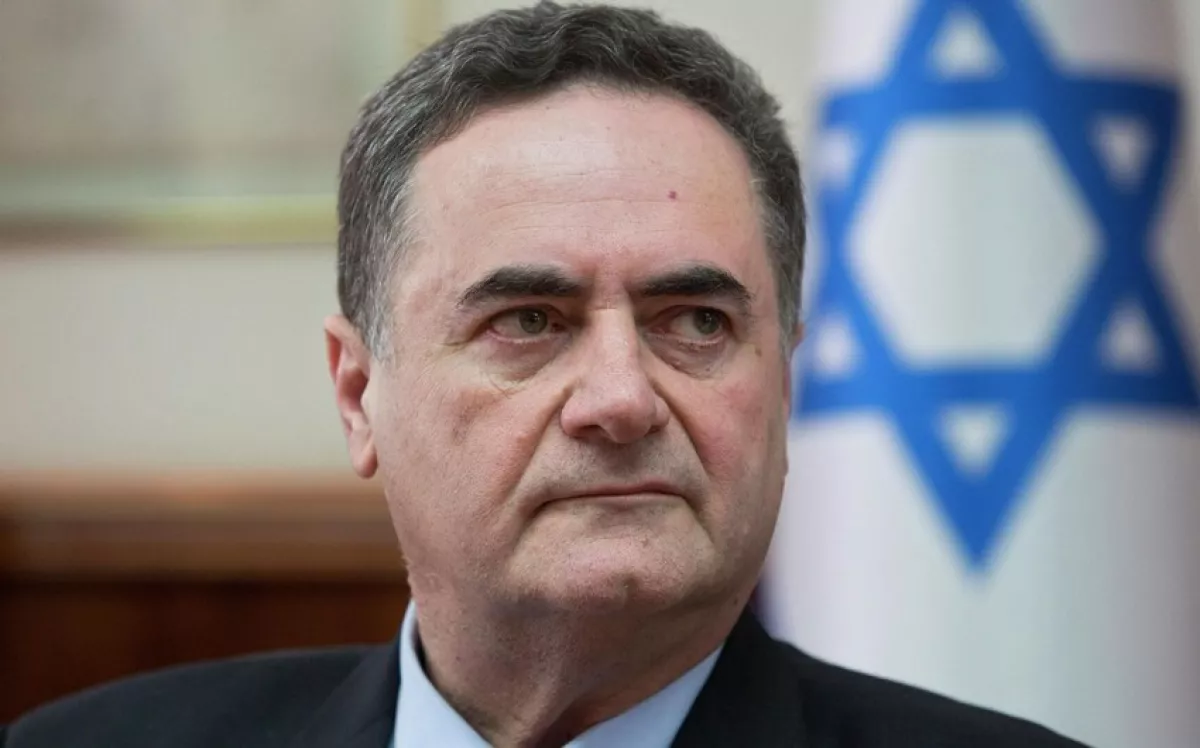
Following the missile barrage, Israel responded by launching targeted airstrikes on Hezbollah-related sites in Lebanon, hitting 100 locations. Ground operations also took place in southern Lebanon, where Israeli forces uncovered several Hezbollah weapons caches, including rocket launchers. This escalation comes amidst growing tensions between Israel and Iranian-backed groups in the region.
Iran’s missile attack on Israel
On the evening of October 1, Iran launched a large-scale missile strike on Israel, firing approximately 500 ballistic missiles in retaliation for the recent elimination of high-ranking Hezbollah, Hamas, and Islamic Revolutionary Guard Corps (IRGC) leaders. Israel's advanced air defence systems intercepted most of the missiles, minimizing the damage.
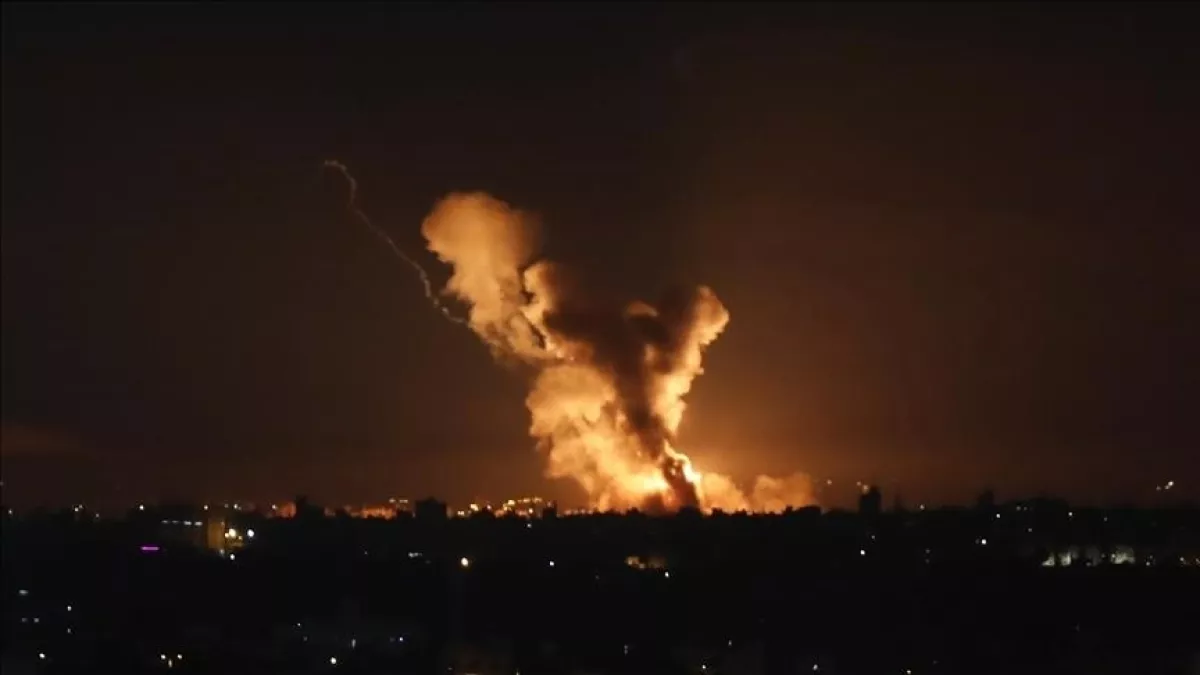
The Israeli Defense Forces (IDF) reported that the impact of the attack was limited due to the efficiency of the air defence systems. “Thanks to the work of the air defence systems, there was minimal damage. There were some hits in the centre and south of Israel, but they are insignificant,” the IDF's press service stated. While the Iranian missiles carried hundreds of kilograms of explosives, Israel’s air defences successfully neutralized much of the threat.
Global reactions
Iran's Supreme Leader, Ayatollah Ali Khamenei, issued a statement in Hebrew following the missile strike, threatening Israel with further attacks. “With the help of Allah, the blows will become stronger and more painful on the worn-out and rotting body of the Zionist regime,” Khamenei wrote on social media. Iranian President Massoud Pezeshkian also addressed Israeli Prime Minister Benjamin Netanyahu, warning, “Tell Netanyahu that Iran is not at war, but responds firmly to any threat. This is only part of our strength. Do not engage in confrontation with Iran.”
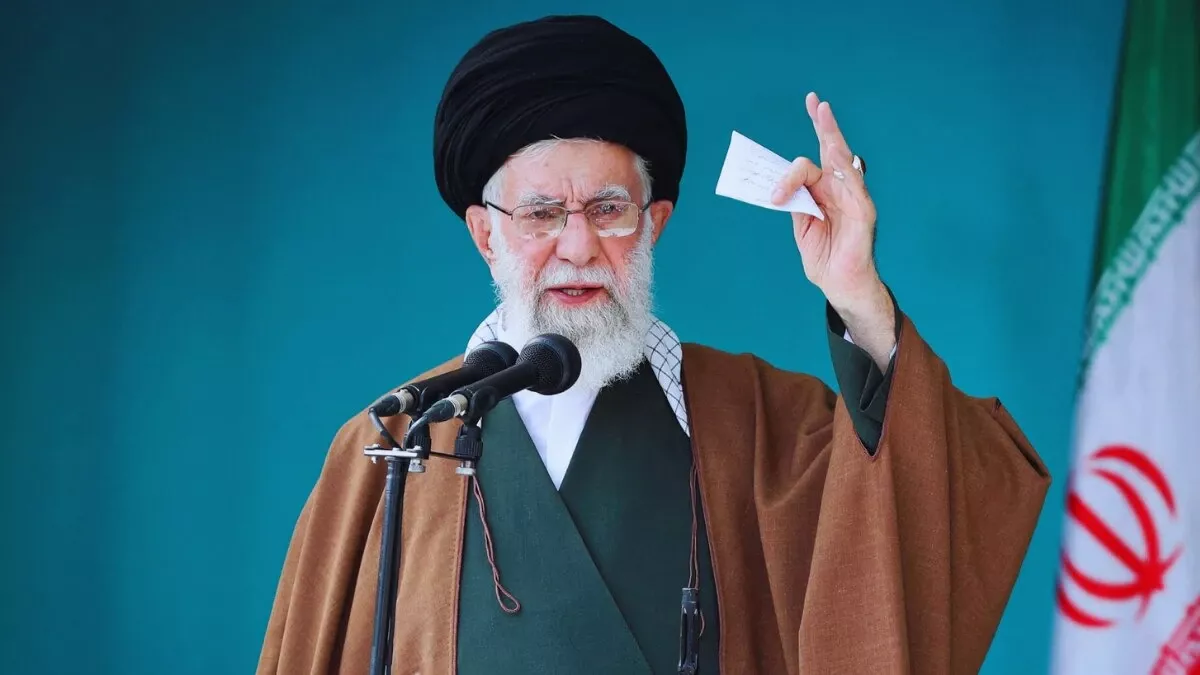
Despite the tensions, Iran’s Islamic Revolutionary Guard Corps (IRGC) dismissed rumours of an imminent war between Iran and Israel, stating that such reports are part of a psychological campaign. “The announcements published on the Internet and media attributed to security agencies, which somehow present the situation as martial law, are fake and are in line with the enemy's psychological operations,” the IRGC said.
Meanwhile, the Iraqi resistance movement issued a warning to the U.S., threatening to target American military bases in the region if they engage in the conflict against Iran.
Missile fragments land in Jordan
During the Iranian missile attack, fragments of downed missiles fell on Jordanian soil, injuring three people. Jordanian government spokesman Mohammed al-Momani confirmed the incident, saying, “Parts of a number of missiles fell in different regions of Jordan. There are no fatalities, but there are three injured. At this stage, medically, their injuries are classified as minor.” He added that while there was some damage on the ground, the full extent is still being assessed. Al-Momani also emphasised that Jordan "will never become an arena of conflict for either side" and reiterated the country’s focus on safeguarding its citizens.
Casualties and the impact on civilians
The Iranian missile strike has claimed the life of a Georgian national who was injured during the attack. The Georgian Foreign Ministry confirmed the individual’s death in a hospital, marking a tragic consequence of the escalating violence. Georgia's consul has reportedly arrived at the site of the incident.
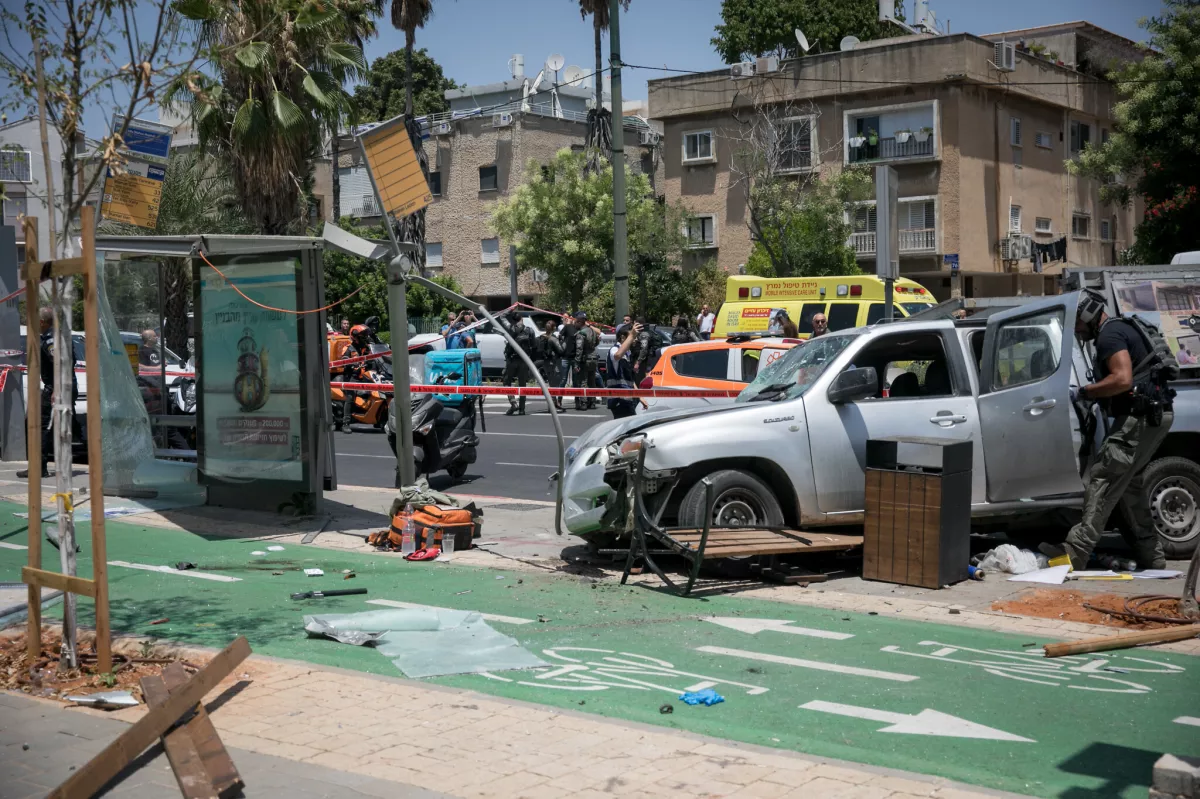
In Israel, the missile strike and the broader regional instability have put further pressure on civilians. Tel Aviv, a focal point of the country, experienced a violent terrorist attack in the midst of the crisis. In the Jaffa district of Tel Aviv, two gunmen opened fire on passengers and pedestrians at a busy streetcar stop on Jerusalem Boulevard, killing six civilians and wounding nine others. A soldier of the Israel Defense Forces (IDF) was also seriously wounded in the attack. The Israeli police swiftly responded, neutralising the attackers. "Both terrorists were neutralised," said the police press office in their statement.
International responses
The missile strikes and related tensions have prompted reactions from major world powers. In the United States, National Security Advisor Jake Sullivan addressed the Iranian missile attack, stressing that it will have severe consequences for Tehran. At a White House briefing, Sullivan explained, “We have been clear that this attack will have consequences, grave consequences, and we will work with the Israelis to make sure that that is the case.” While not going into detail about potential U.S. actions, he suggested that Washington’s response could extend beyond sanctions. Sullivan confirmed that, so far, there have been no reports of deaths or damage to strategic military facilities in Israel, but investigations are ongoing.

In a related development, the U.S. continues to monitor the aftermath of the Iranian missile attack, with special attention to the escalating tensions in the region. The White House is also keeping track of the recent terrorist attack in Tel Aviv and its victims, reaffirming its support for Israel's right to defend itself.
Explosions near the Israeli embassy in Denmark
Meanwhile, Denmark is also dealing with the fallout from the rising tensions. Danish authorities have launched an investigation into two explosions near the Israeli Embassy in Copenhagen.
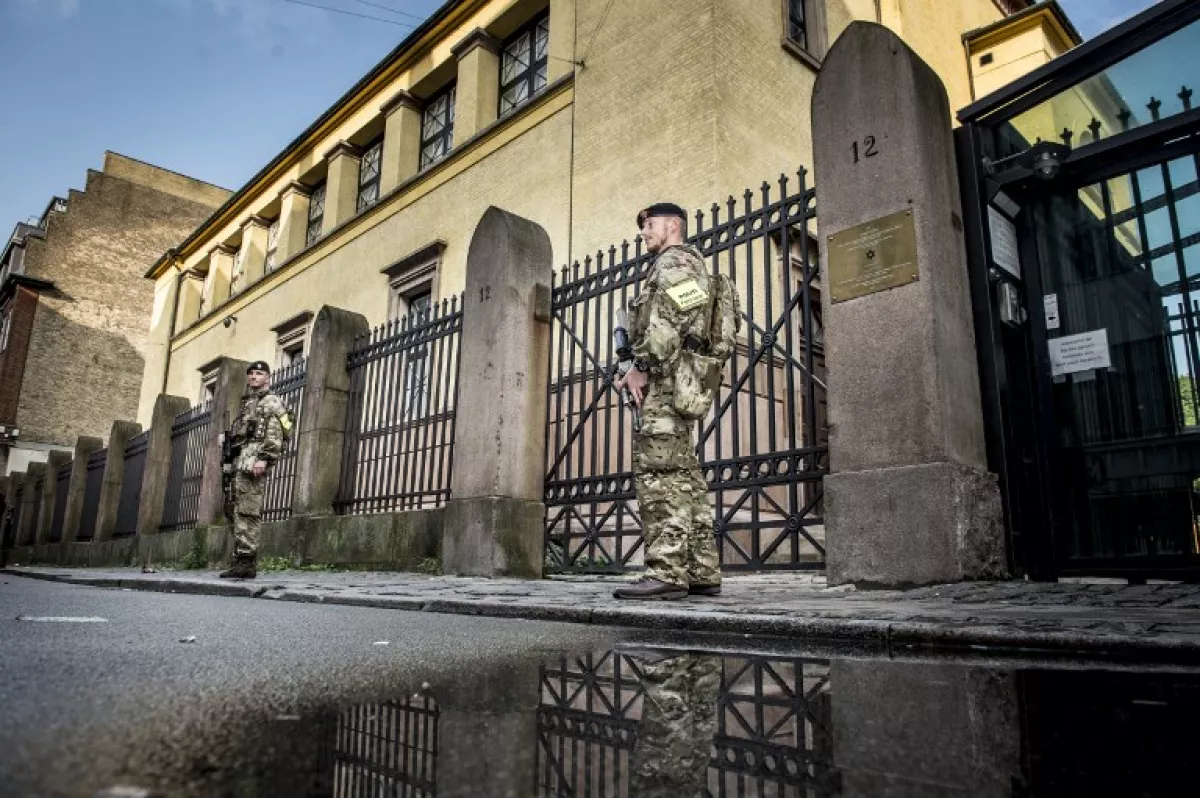
The blasts occurred on September 30 night, though no casualties have been confirmed. The motive behind the explosions remains unclear, but local police are conducting a thorough investigation to determine whether the incident is linked to the broader Israel-Iran conflict.
By Tamilla Hasanova








